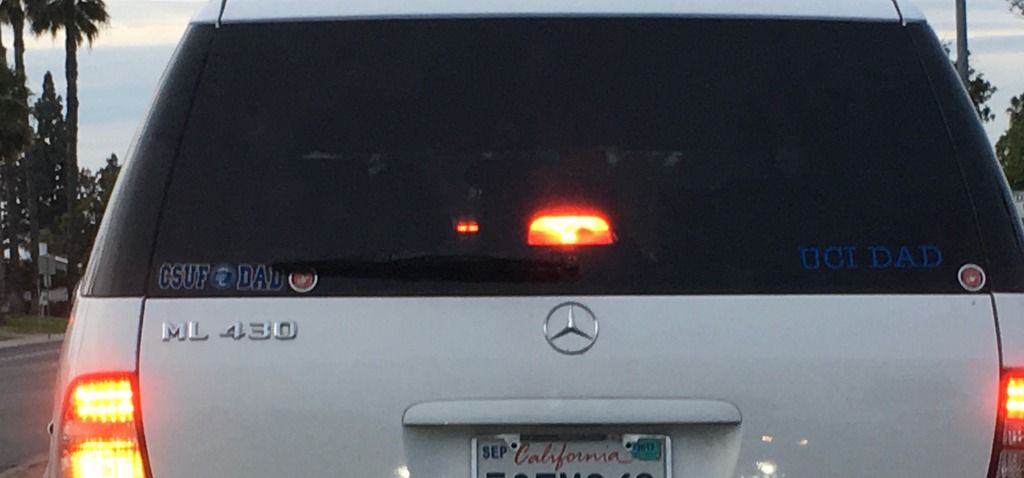My daughter will be a college senior soon. This topic is getting rehashed again. I am an employer and I come across many graduates over the years. There is a huge difference between the quality of staff from the top colleges vs the state colleges. Top colleges nurture the students to be leaders and equipped the students with awareness and knowledges outside of their professions. This is extremely important for those who would be in position on making decisions. There are professions requiring specific procedures, and formulaic approach to accomplishing a task the state colleges do a good job in preparing the students for immediate employment.
Ambition of the students matters. Top universities nurture that ambition and do give the student a pride and strong confident to go after the highest positions especially for public office, executive position of a hospital or officers for a Fortune 500 companies. A pedigree education will matter.
If the student does not have the drive or ambition sending them to the top colleges will be a waste of the parents effort and money. They will not benefit from it. However if the students do have the eccolades but stripping of this opportunity the state college education will stifle them from will limit them from fully realizing their potentials.
The two top college ranking websites offer conflicting second tier college positions. Which one is more reliable? Forbes is much more reliable than US News based on the quality of students and their potential to succeed. Forbes barometer is much closer in measuring the quality of colleges.
How much weight should be given to the "selectivity" in ranking. I feel it is a popularity contest. Harvard and Stanford are household names for all Asian parents so irregardless of their children potential they must apply. The high volume of dummy applicants drive acceptance rate down. The "selectivity" should not be weighted heavily. Professors to students ratio makes a huge difference in learning. Impacted schools rob students the interaction with their teachers and enrollment into necessary classes. School endowments improves the quality of school facilities and give the students a higher quality of life and learning.
Making connections and friendship are the most important aspect of college. The difference between the top tier and lower tier colleges are drastically different. Top tier colleges has the financial resources to harvest fellowship, team spirit events, weekend retreats, social events, group projects and family like housing arrangements to strengthen the bonding process. The lower tier colleges impacted financially do not have the means to harvest friendship among students. Many felt isolated, alone and making fewer friends at best. Top tier colleges have better business connection because the students' parents are likely executives of large companies and offers greater opportunities of a salary internship.
State run colleges have a laser focus by teaching students practical knowledge with immediate result to joining the work force. Part time teachers having a primary job can offer students a realistic expectation of a real work environment. This college setting is less likely to promote a entrepreneurial spirit but do produce hardworking individuals doing their duty well. Students who are introvert and quite self sufficient not requiring a peer system could do really well here.
The students personality has a lot to do with the school match up. Learn about the social atmosphere of the school whether it's the right fit. Many top colleges used the same text books as the state colleges. The knowledge in the books are about the same. The major difference is in the lifestyle experience.

